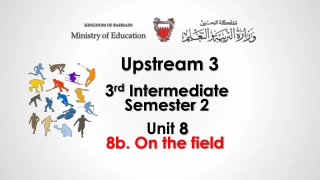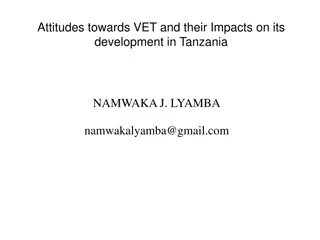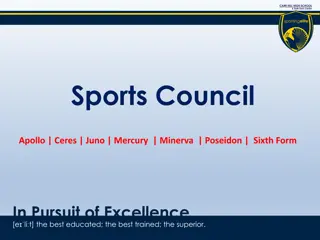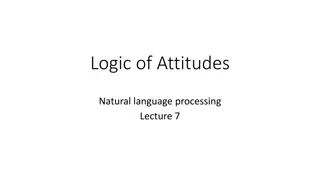Attitudes Toward Sports Among Colonial Settlers in the New World
The attitudes of European colonial settlers towards sports in New England, the Middle Colonies, and the South were deeply influenced by their religious backgrounds. While Puritans in New England were generally against play, Quakers and Dutch Calvinists in the Middle Colonies were more accepting. In the South, Catholics, Baptists, and Methodists were the most friendly toward play. Over time, attitudes shifted, and sports like horse racing became popular pastimes, especially in the Southern Colonies.
Download Presentation

Please find below an Image/Link to download the presentation.
The content on the website is provided AS IS for your information and personal use only. It may not be sold, licensed, or shared on other websites without obtaining consent from the author. Download presentation by click this link. If you encounter any issues during the download, it is possible that the publisher has removed the file from their server.
E N D
Presentation Transcript
Attitudes toward sport representative of settlers European background New England: Puritan Against play generally Middle Colonies (New York): Dutch, Quaker Moderate play acceptable South: Catholic, Baptist, and Methodist Most friendly toward play Attitudes were strongly influenced by religion
Most sports were considered idle activities that did not contribute to the well being of the community The Puritan ethic calls for work rather than play and overcoming the urge to play was seen as achieving a greater morality
Breaking with the Puritan Authorities to spend idle hours playing could lead to colonists being placed in stocks Examples were made of those who played on the Sabbath(blue laws) such as John Baker who was whipped for playing ball in the streets .
Play was eventually accepted as later colonists arrived and many drew away from the church. Hunting was allowed for a sport but still forbidden on the Sabbath.
Quakers and Dutch Calvinists were much more friendly to the idea of sports and entertainment Gambling and card games were very popular
Horse racing became a popular pastime in both the Middle and Southern Colonies Many plantation owners prized the fastest horse Communities would gather to watch races held for local championships 1664- first organized horse race at the Newmarket Course on Hempstead Plains, Long Island.
Warmbloods Later in the eighteenth century Virginians turned from the native quarter horse to the English thoroughbred in search of a faster horse Horse owners formed jockey clubs in various southern states The clubs kept careful records of bloodlines and races
Belmont Park- Elmont, New York Pimlico- Baltimore, Maryland Churchill Downs- Louisville, Kentucky
"I would advise you when You do fight Not to act like Tygers and Bears as these Virginians do - Biting one anothers Lips and Noses off, and gowging one another - that is, thrusting out one anothers Eyes, and kicking one another on the Cods, to the Great damage of many a Poor Woman. Charles Woodmason(Anglican Minister)
Back country areas in the Southern Colonies favored such sports as wrestling and various forms of fighting Competitions were centered around martial activities such as fighting, running, shooting or jumping
Bare-knuckled fighting Centered around taverns throughout the Southern and even Middle Colonies Combatants would fight until one was knocked out or submitted
Purring or Clogging was carried over from England and was practiced throughout the colonies The sport centered around two combatants kicking each other in the shins until one either fell or gave up
Gouging was a form or wrestling where opponents fought until a eye was removed from a combatants Many gougers grew their nails long to aid in removing an eye The sport eventually faded away around 1830
Stick Fighting, Single Stick or Cudgeling was a popular sport in Europe Combatants fought each other using either a single long stick or two shorter one The match was ended when one combatant was knocked out
Lacrosse became a very popular sport that many colonists adopted from Indians Many communities played with both Indians tribes and against one another























